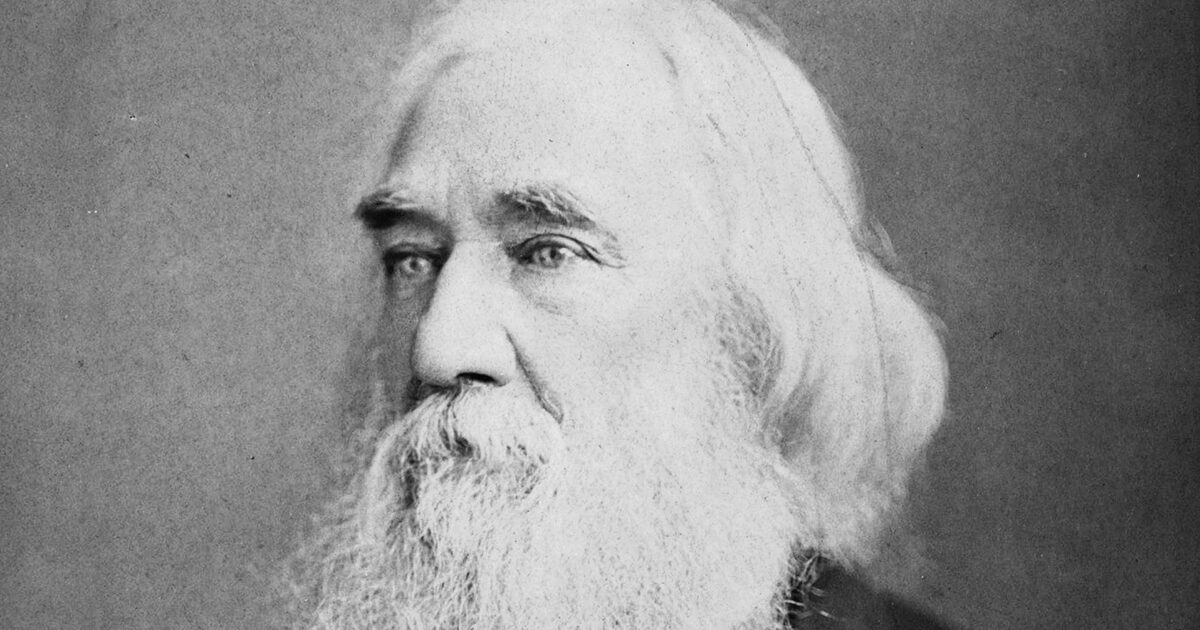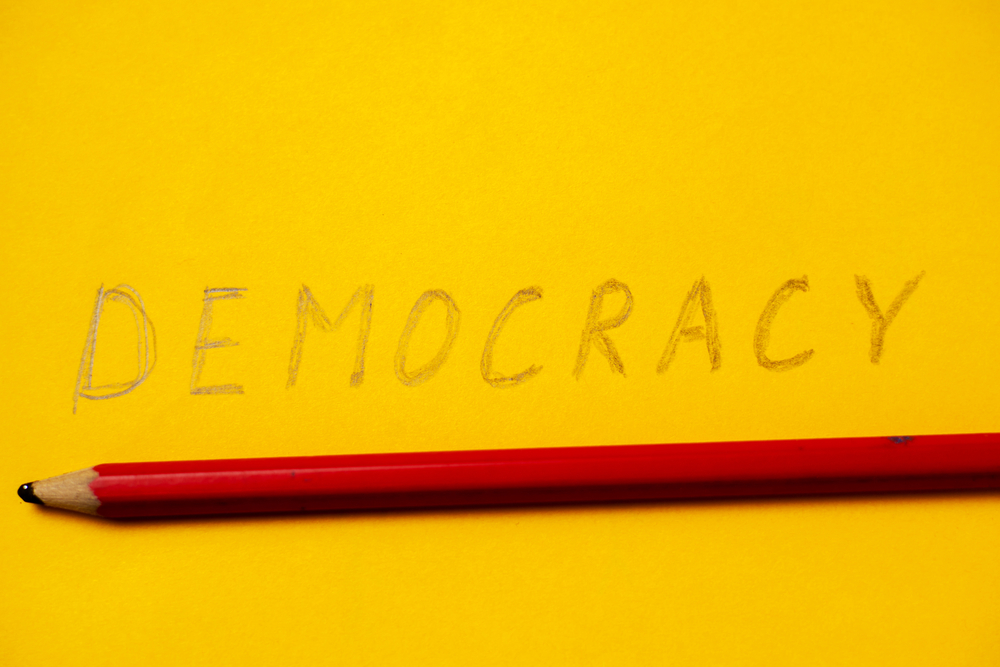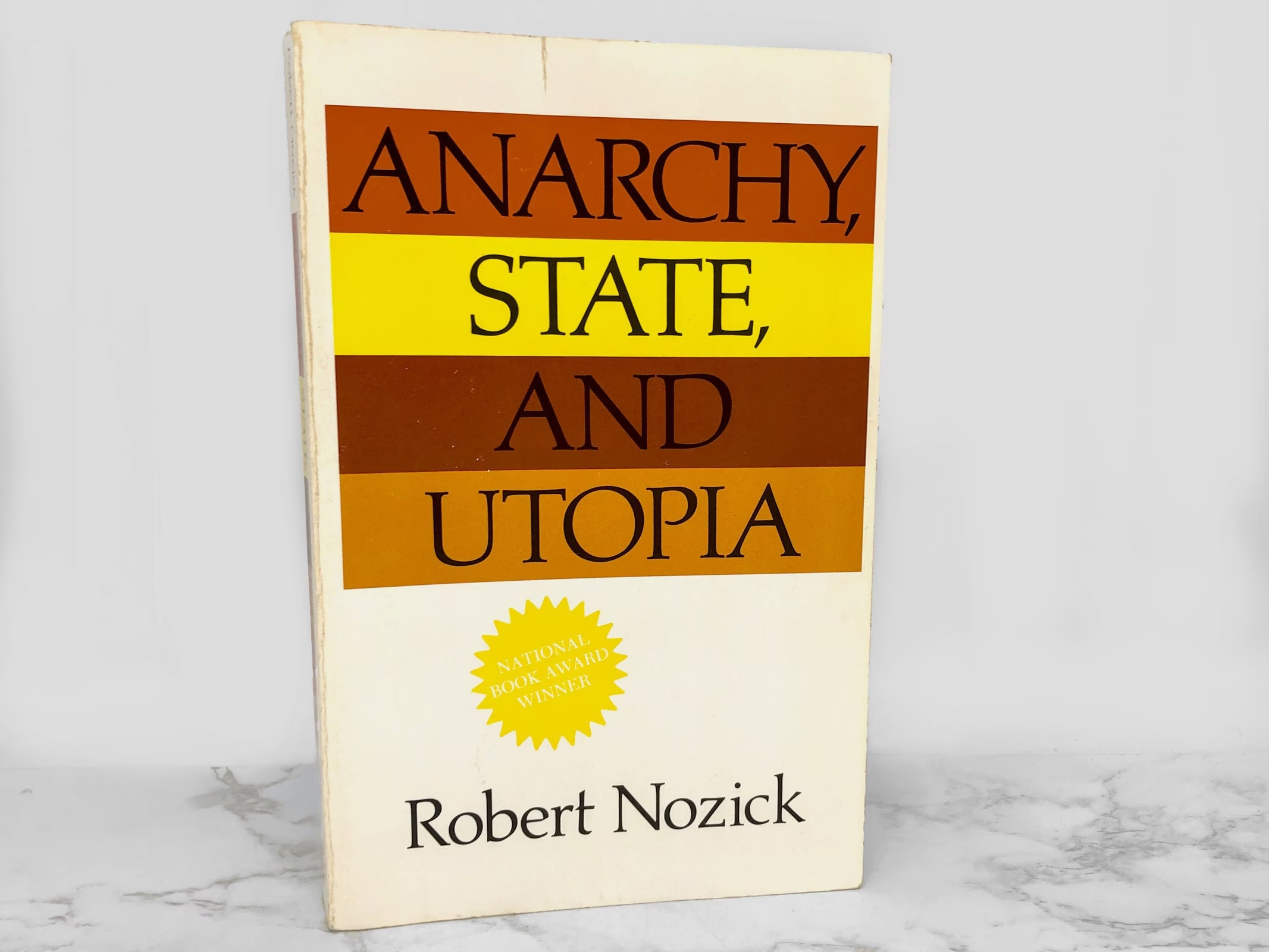Whistleblowers do a difficult thing: They often put their career and livelihood at risk standing up against their organization and disclosing information that may embarrass their colleagues and supervisors. They may find it difficult to get another job in their field. And coworkers who once were friends often shun these employees socially. Most whistleblowers don’t have movies made about them.
However, the decision to blow the whistle can be immensely patriotic. It could save lives, defend our constitutional rights against government overreach, and help preserve our democracy.
Over the last month, a number of articles have sketched out the legal protections that federal employees have if they blow the whistle and are retaliated against. But how do you blow the whistle and avoid retaliation? And if you end up facing reprisal from management, how do you maximize your chances of surviving professionally? This article aims to provide some general guidelines and practical considerations for federal employees who may ever consider making a disclosure of wrongdoing.
I recently left a government office that reviewed whistleblower disclosures and investigated complaints of retaliation, the U.S. Office of Special Counsel (OSC). My current organization, the Project on Government Oversight (POGO), was founded by Pentagon insiders concerned about the Department’s procurement of ineffective and overpriced weapons. Throughout POGO’s history we have served as a resource to federal whistleblowers and promoted improvements to better protect military, civilian, intelligence, and contractor whistleblowers. Employees at many agencies are concerned about this administration. Many people are reaching out to POGO for the first time to learn about how to safely and meaningfully disclose wrongdoing. This article is an on-ramp for understanding whistleblower protections and some of the practical risks many face in trying to do what is right.
A couple issues upfront: This article is geared toward most federal civilian employees in the executive branch under the framework of statutory whistleblower protections. However, the considerations discussed below generally apply to other types of employees too. And while there are similarities in legal protections and how whistleblower reprisal investigations work in the FBI, intelligence community, contractor, and military contexts, there are significant differences as well (including the fact that intelligence contractors do not have protections). Anyone thinking about blowing the whistle should strongly consider talking to experts at POGO, the Government Accountability Project, or Public Employees for Environmental Responsibility.
The following is not legal advice—for that, seek the services of an attorney with relevant experience who can speak to your specific circumstances. For those seeking very in-depth legal information, please see Special Counsel Carolyn Lerner and Jason Zuckerman’s paper, “The U.S. Office of Special Counsel’s Role in Protecting Whistleblowers and Serving as a Safe Channel for Government Employees to Disclose Wrongdoing.” It extensively details the prohibition on whistleblower retaliation in the federal workforce, which is the eighth “prohibited personnel practice” under the relevant federal statute. 5 U.S.C. § 2302(b)(8). Let’s turn to the fundamentals and practical concerns.
Whistleblower Reprisal Investigations – 101
First—What’s a protected whistleblower disclosure under the law? For federal employees, you are protected for disclosures where you have a reasonable belief of:
- A violation of law, rule, or regulation (this includes the Constitution);
- Gross mismanagement;
- Gross waste of funds;
- Abuse of authority;
- Substantial and specific danger to public health and safety; or
- Censorship related to scientific integrity that evidences one of the above categories.
Major caution: Policy disagreements themselves are not protected disclosures under whistleblower law, unless the employee reasonably believes that an executive branch policy creates one of the problems in the bullet points above (e.g. a disclosure about an Interior Department policy that will lead to $200 million in waste).
A whistleblower doesn’t have to be correct to be protected, but they do need to have a reasonable belief in what they’re disclosing. This is a relatively low legal bar. But, in practice, the more proof they can offer, the better. Documents trump verbal assertions, especially official documents. First-hand accounts made soon after an event are better than second-hand rumors long after the event occurred.











